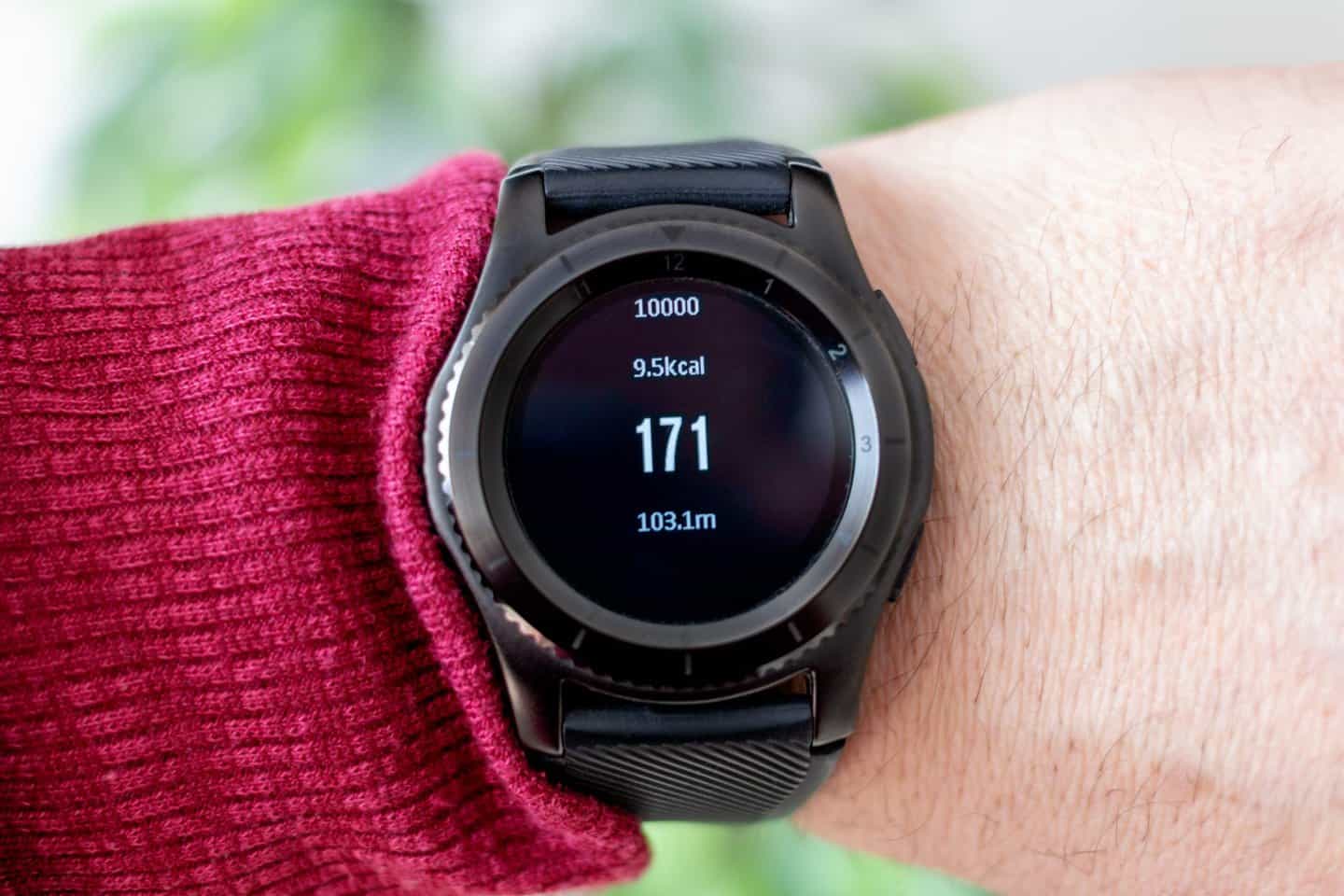Geschatte leestijd: 3 minuten
For the daily activities you undertake, you need energy. Whether you’re working, walking, sleeping, or breathing, everything you do requires energy. To provide your body with this energy, you need calories. You mainly get these from food. But what are calories? Are they really those little creatures that shrink your clothes at night?
What are Calories
You obtain calories from your food to meet your body’s energy needs. The unit calorie represents energy or heat (E). One calorie is the amount of energy needed to raise the temperature of 1 gram of water by 1 degree Celsius. Because one calorie is very small, people often use the unit of 1,000: kCal. This is commonly referred to as calories.
Is there a Difference Between Calories
There are different sources of nutrients from which you can obtain your daily calories. Fats, carbohydrates, and proteins each provide different amounts of calories. However, aside from the quantity per nutrient source, there is no difference in the calories obtained from these sources. After all, it is a unit of measurement for energy, nothing more, nothing less.
There are four types of nutrients that provide energy to the body, and these are:
Carbohydrates: 4 Kcal per gram
Proteins: 4 Kcal per gram
Fats: 9 Kcal per gram
Alcohol: 7 Kcal per gram
Why are Calories Important
Calories play a crucial role in providing energy to the body to carry out all bodily processes. Another important aspect of total calorie intake is its effect on weight. If you consume more calories than you expend, your body stores this excess energy in the form of fat. This calorie surplus, also known as a positive energy balance, leads to weight gain. Conversely, creating a calorie deficit results in a negative energy balance. Your body doesn’t receive enough energy from food and will therefore tap into fat reserves.
How Many Calories Do I Need
Because the quantity of calories is important, it’s useful to know how much you need per day to achieve your body goals. This means first understanding how much you need and then tracking how much you consume daily. It’s worth noting that this will always be an estimation, as measuring the exact number of calories can never be precisely accurate.
If you want to learn more about counting calories, read the following article:
Calculating Caloric Needs
When calculating your caloric needs, there are various methods. To determine your caloric needs, it’s first important to know your BMR. BMR stands for Basal Metabolic Rate (Basal Metabolic Rate or BMR) and is the amount of energy your body needs to perform vital life functions. In addition to BMR, your activity level is important, and age and the thermal effects of certain nutrients also play a significant role. Therefore, we reiterate that the calculation below is an estimate and not 100% accurate. But it can give you a direction.
The calculation is as follows:
BMR = (body weight in kg / 0.45359237) * 15 – 16 calories
Fat loss = (body weight in kg / 0.45359237) * 12 – 13 calories
Weight gain = (body weight in kg / 0.45359237) * 18 – 20 calories
(weight is divided by 0.45359237 to convert from kilograms to pounds)
The calculator below assumes 13 calories for weight loss, 16 calories for BMR, and 20 calories for weight gain. Enter your
weight and click
Calculate BMR.
If you want to enter numbers after the decimal point, use a dot (.) instead of a comma, otherwise, the calculator won’t work.
As mentioned, this method is very inaccurate. You’ll end up with too high a number. The quick method is actually only suitable for someone with a normal body fat percentage.
Conclusion
The importance of calories is crucial in achieving your fitness goals. Different foods each provide their own amount of energy. For example, it’s important to consider that fats can provide more calories than other macronutrients, especially when trying to lose weight. And when trying to lose weight, achieving a negative balance on the energy balance is the only possibility.
To give you an idea of the amount you need per day, you’ll find a calculator in this article. But we can’t emphasize enough that this is a rough estimate that can give you a little direction. Calculating the exact amount you need per day and consume is almost impossible.

